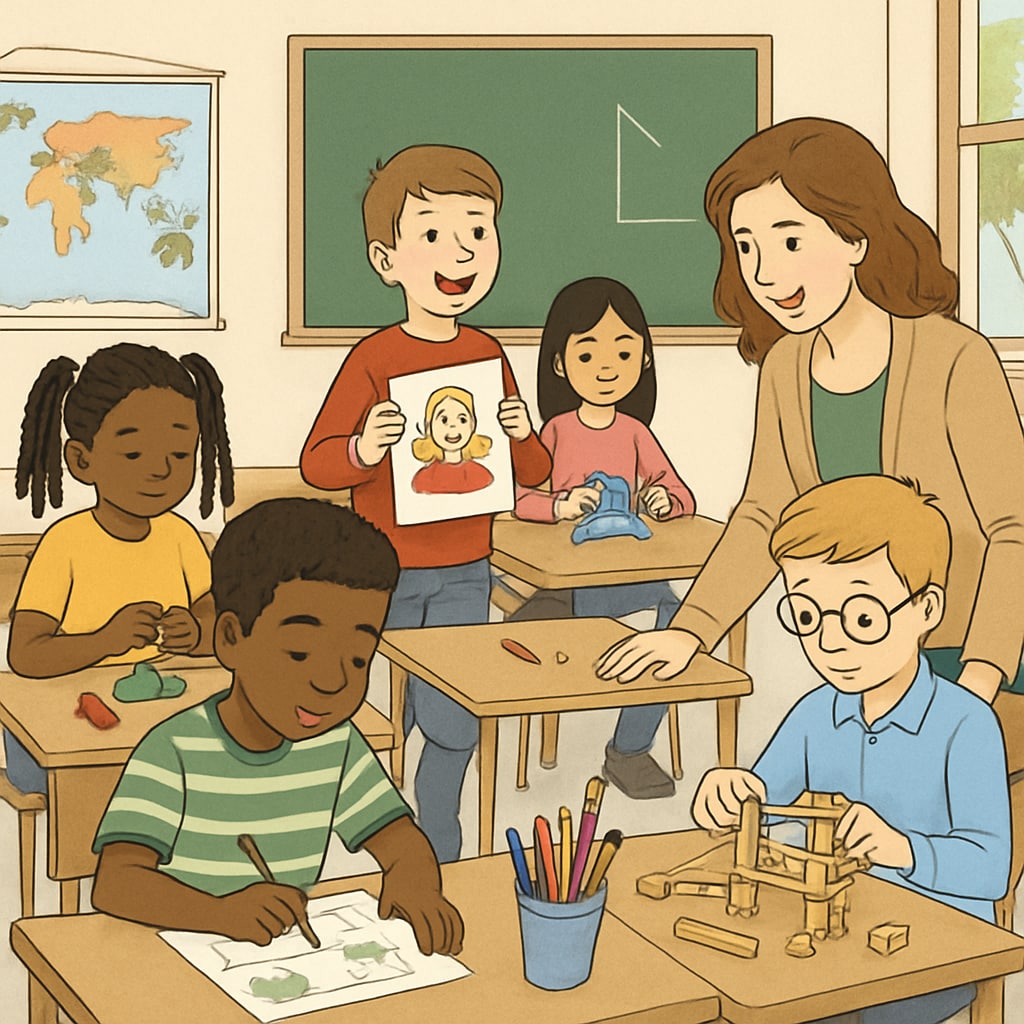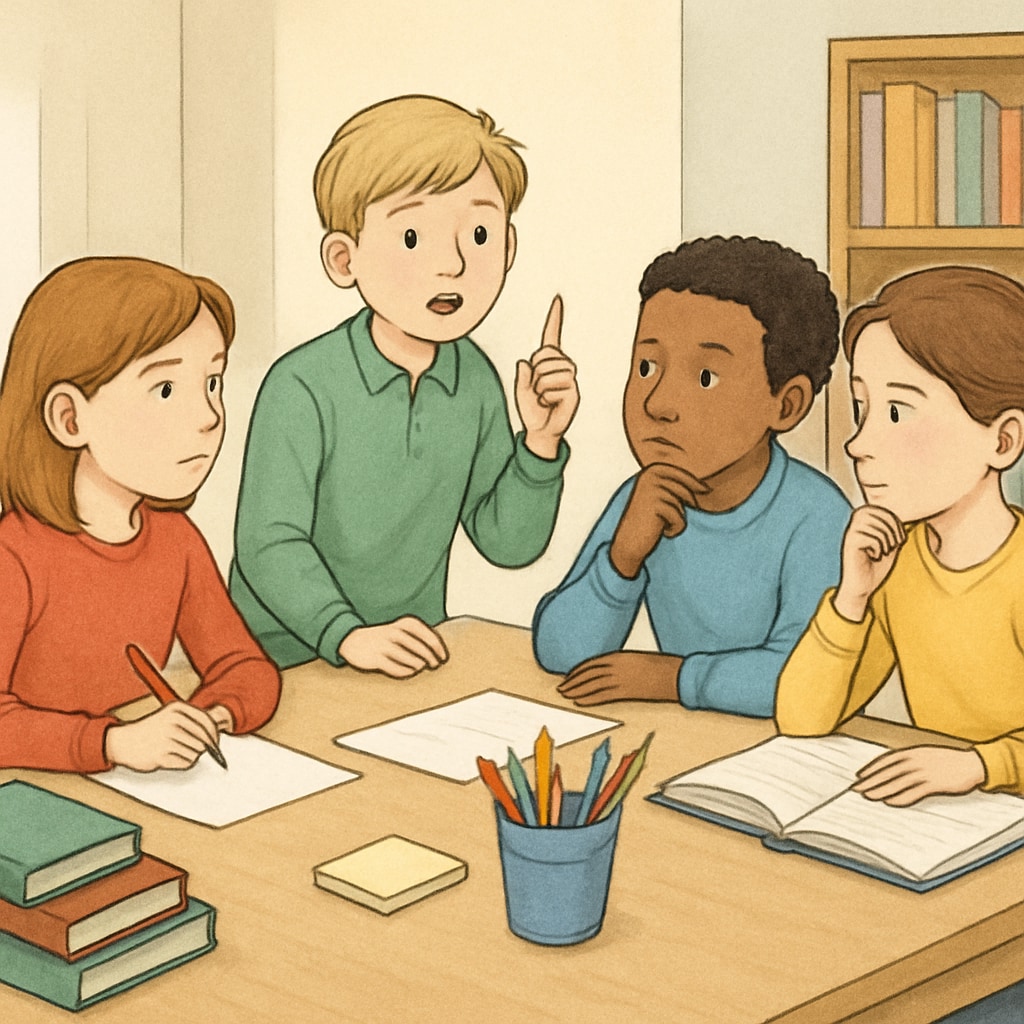Gifted education programs are designed to nurture exceptional talents, but their reliance on standardized testing often excludes students with ADHD who possess high intellectual potential. These students, despite their extraordinary abilities, may struggle with rigid testing formats, leaving their true capabilities unrecognized. By focusing solely on standardized metrics, the education system risks missing out on a diverse pool of gifted learners. This article explores the intersection of ADHD and gifted education, highlighting the challenges and advocating for inclusive evaluation methods that capture a broader range of talents.

Challenges in Identifying Gifted Students with ADHD
ADHD (Attention Deficit Hyperactivity Disorder) is often characterized by symptoms like inattention, impulsivity, and hyperactivity. While these traits can pose challenges in traditional learning environments, they can also coexist with high intelligence and creativity. However, most gifted education programs rely on standardized tests to screen for intellectual ability. These tests typically reward focus, organization, and consistency, traits that ADHD students may struggle to demonstrate despite their intellectual potential.
For example, students with ADHD may excel in areas requiring abstract thinking or creative problem-solving but underperform in time-limited, rigidly structured exams. This discrepancy can lead educators to misinterpret their abilities and exclude them from gifted programs. As a result, the education system may overlook a significant portion of gifted students who think differently but could excel in the right environment.

The Impact of Exclusion on Gifted Students with ADHD
The exclusion of ADHD students from gifted programs can have profound consequences. Firstly, it denies these students the opportunity to reach their full potential. Without access to advanced curricula and enrichment activities, their talents may go underdeveloped. Secondly, it reinforces feelings of inadequacy and frustration, as these students often sense their abilities but struggle to conform to traditional educational expectations.
In addition, the lack of representation of neurodiverse students in gifted education perpetuates narrow definitions of intelligence and success. By failing to accommodate diverse learning styles, the education system risks stagnation, missing out on innovative ideas and perspectives that ADHD students can offer. Learn more about ADHD here.
Solutions for More Inclusive Gifted Education Programs
To address these challenges, educators and policymakers must implement more inclusive evaluation systems. These systems should go beyond standardized testing and incorporate diverse assessment methods, such as:
- Portfolio reviews showcasing students’ creative and intellectual work.
- Teacher recommendations based on classroom observations and individual strengths.
- Psychological evaluations that consider both cognitive and behavioral traits.
- Alternative testing formats that allow for flexibility in time and structure.
Moreover, gifted programs should adapt their teaching methods to cater to neurodiverse students. Strategies such as project-based learning, mentorship opportunities, and collaborative activities can help ADHD students thrive. Schools must also provide training for educators to recognize and support giftedness in neurodiverse learners. Explore more about education systems here.
By embracing these changes, gifted education programs can become more equitable and foster a wider range of talents, empowering all students to succeed.
Conclusion: Recognizing Overlooked Talents
The intersection of gifted education, ADHD, and standardized testing reveals a critical gap in the current system. By relying too heavily on rigid assessments, education programs risk excluding students who think and learn differently but possess remarkable potential. It is time for educators, policymakers, and parents to advocate for inclusive evaluation methods that recognize and nurture diverse talents. Only by doing so can we ensure that every gifted learner, including those with ADHD, has the opportunity to shine.


